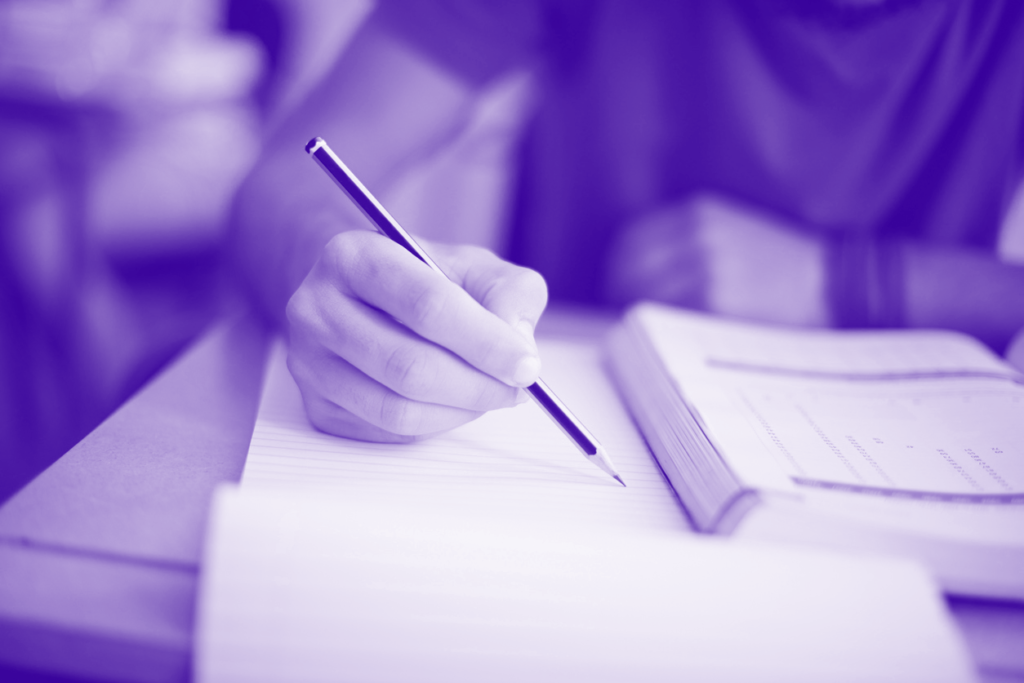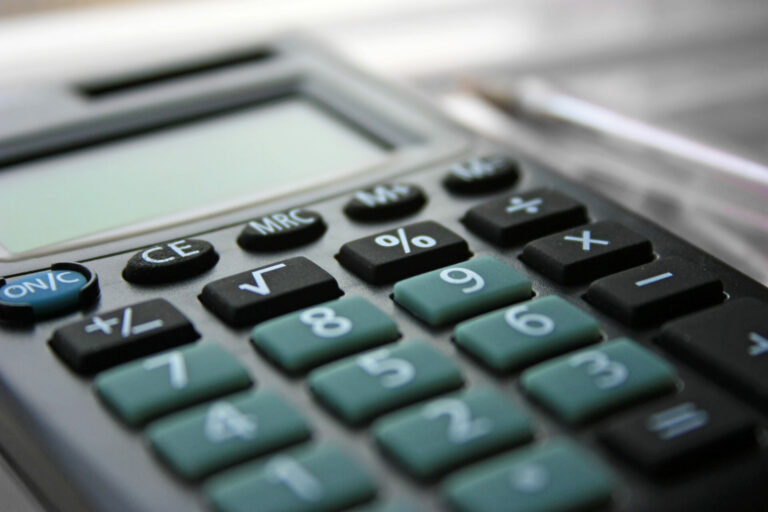We caught up with our expert Maths teacher and examiner, David Wilson, to find out what steps you can take to improve your Maths grade with self-marking.
David is the Head of Mathematics in a high achieving school in Bury, as well as a Specialist Leader of Education providing support to other schools. He has also worked for the exam board, Pearson, for six years as an examiner marking GCSE papers.
Self-marking is a valuable tool that you should be incorporating into your revision process to improve your Maths grade. Here are our 6 steps to achieving effective self-marking:
1. What is self-marking?
Self-marking is the process of reviewing your own work, with a mark scheme. Doing this helps you to consider your mistakes and understand where you went wrong. In Maths this might involve you sitting a timed practice paper and then reviewing your work.
“Done well! Self Marking involves correction and annotation. It is best done in a different colour of ink to see the contrast between work done and improvement.”

2. Why is self-marking so valuable?
“Students need to understand what misconceptions they have to correct. Each correction, in theory, gains a mark, so it is of utmost value.”
3. How do I self mark a mock exam?
David says that:
“actual mark schemes are not student-friendly. They are quite long and give several alternative approaches to gaining marks. Owing to this, marking by a teacher is likely to gain extra marks. Students will not appreciate every awardable mark, as a result of the simplification in the model answer we provide.”
David, therefore, recommends utilising platforms like SchoolOnline, to get the most out of the self-marking process:
“SchoolOnline in my view is the best tool to enable students to do this, as it provides comprehensive model solutions and detailed explanation on the videos.”
4. How many mock exams should I self mark, in preparation for my GCSE exams?
This really depends on you as a student.
“This depends. What is the student’s aspirational grade? How close are they to it? Students should aim to get to a point where they are broadly getting the required number of marks to get their desired grade. This will take doing more papers in some cases, than others.”

5. Should I wait until I have covered the full curriculum before attempting a past paper and self-marking it?
David says:
“No. Particularly not now.”
As revision is an ongoing process it is important you are completing your revision little and often.
6. Can I work with a friend and mark each other’s papers?
Teamwork makes the dream work!
“Seems like a great arrangement. I always say to students that buddying up can make revision seem less of an isolating experience. However, some students say they prefer to revise in solitary because when they are with friends they can become distracted.”
Like most revision techniques, what works for some might not work for others. It’s a very personal process, therefore, the most important thing is that you’re utilising your time effectively and not getting distracted by others.
You might want to team up with one of your friends to try a study session together, even if it’s over zoom as it could help you to stay motivated. However, if you find you’re becoming distracted, it could be best to keep your revision solo for the time being. It’s all about what ultimately works for you!

So, now you know the 6 steps to improve your Maths grade with self-marking, why not incorporate it into your revision process today!
Like David has explained, sometimes mark schemes can be tricky for students to use. SchoolOnline’s expert, pre-recorded tutorial videos break down answers into bite-size chunks, showing you how to score 100% on every single past paper question. Get started with SchoolOnline today to support you in self-marking and ultimately help improve your Maths grade.


